Text: Peter Büttner
Photos: KAHL Unternehmensgruppe, Joachim Stretz
While industry is producing ever heavier engines, turbines and transformers, infrastructure is unable to keep pace. The transport of such goods calls for intelligent logistics solutions. The KAHL Group counts on heavy-duty modules that use axle suspension units from BPW.
Onlookers bustle at the roadside, photographers compete for the best places: there’s always a great deal of interest when the KAHL Group sends a heavy goods transport on its way from their Moers site in North Rhine-Westphalia. Recently, the new G² I K600 side girder deck has been the subject of particular attention. This innovation makes it possible to cross bridges and overcome obstacles that are not at all designed for heavy loads, as for example in late November 2015 when two 475-tonne transformers successively set out to travel from Mönchengladbach to the Emsland region.
Soon after departing, on a ten-kilometre section between Korschenbroich and Kaarst, the transport had – quite literally – to ‘bridge’ a total of seven bridges that are not designed for loads of this kind. This was done by deploying the new transport system: the running gears were connected in such a way that, due to hydraulic axle load compensation, the possible record-breaking gross weight of 909 tonnes was evenly distributed across all axles of the 110-metre-long trailer. The two running gears, which carried their loads on side members, were each equipped with 22 Goldhofer centre lines. A total of 88 BPW axle suspension units ensured stability, while 352 wheels kept everything moving. “Due to the exceptionally favourable ratio of unladen weight and payload, we can reduce the axle load to twelve tonnes and even less for extremely heavy freight,” explains Group Managing Director Rainer Kahl.
Six hours for just ten kilometres
Two four-axle tractor units, each with 650 hp, kept this remarkable heavy transport moving and helped guide the two running gears through numerous bottlenecks with millimetre precision. The procession took six hours to cover the ten kilometres. Beforehand, KAHL employees had accurately measured the section and computer-simulated the transport progress along the route. This showed, for instance, which traffic lights would require dismantling. Even relatively small heavy transports with a weight of only 20 tonnes demand absolute precision work – on narrow roads, for example. “Either we dismantle the gate or we lift the load over,” says Marcus Pieper, Managing Director of Pieper Schwertransporte GmbH. Since 2009, the company has been a member of the KAHL Group, which currently has a workforce of around 150.
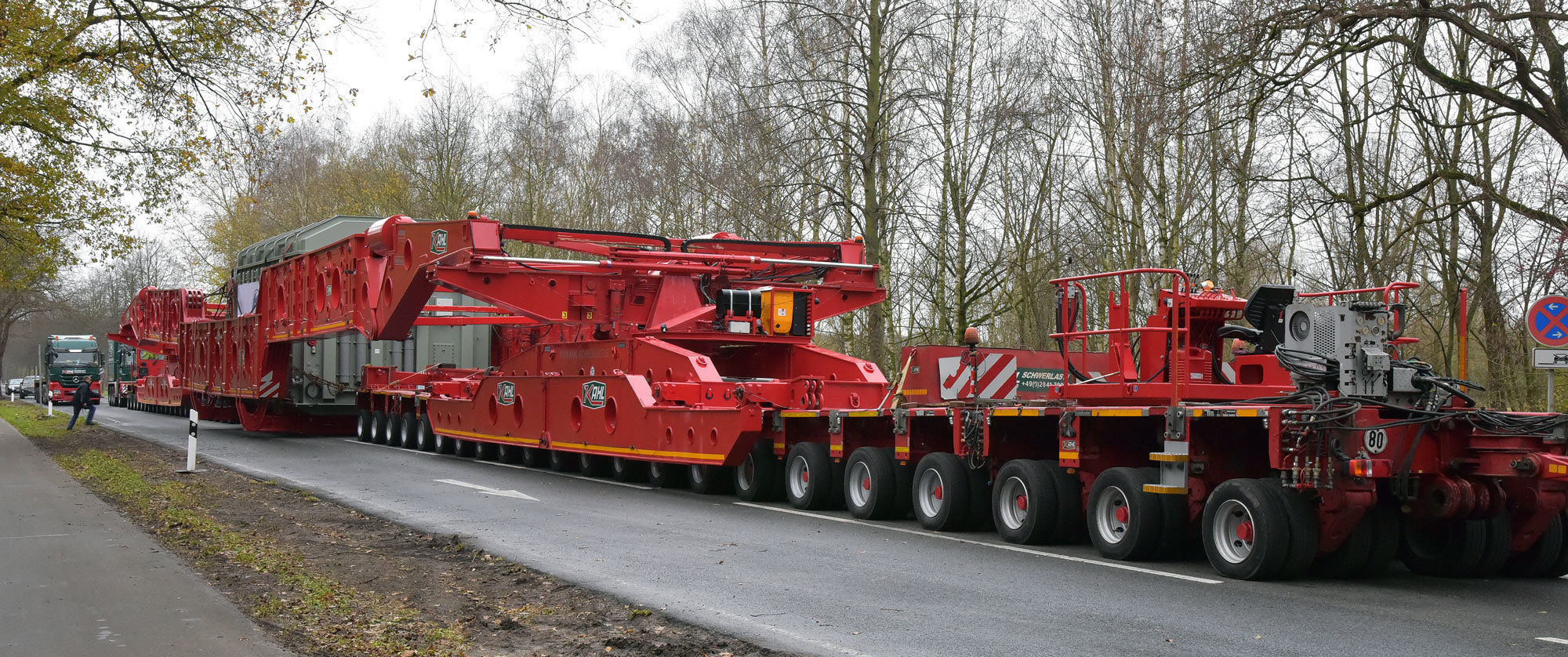
88 BPW axle suspension units provided the necessary stability during the transport.
Service before and after the transport
Today, the Moers-based Group includes four legally independent logistics companies; they specialise in various applications and handle demanding logistics and heavy cargo projects together. “Lone wolves,” says Rainer Kahl, who runs the Group with his brother Andreas Kahl and the other partners, “are not having an easy time of it today.”
One of the company’s strengths is its focus on special assignments. Another is its ambition to increasingly provide customers with solutions and services that go beyond the actual transport of goods. If required, the specialists can move heavy cargo to the loading points in the factory, and place it on the foundations at the final destination. “As far as possible, we fulfil every wish for our customers. If necessary, we charter an Antonov, one of the largest cargo aircraft in the world,” says Marcus Pieper. Moreover, since 2010, the companies have jointly operated the Heavylift Terminal in the port of Duisburg, whose rail, road and water links allow various transport modes to be used.
Heralding a new era
The KAHL transport system is setting new standards. The side girder deck, which can accommodate machines, transformers and generators, amongst others, is a unique feature – also internationally. Moving a total weight of 1,000 tonnes and more over roads and bridges is anything but commonplace, but in ever greater demand from customers. Due to high production depth and precision, manufacturers increasingly prefer to fully assemble their products in their own factory and only to install them at the customer’s. For example gas turbines: during manufacturing, the blades can be precisely adjusted down to a thousandth of a millimetre, before the finished product is tested in live operation. “They cannot be disassembled and then reassembled at the customer’s,” says Rainer Kahl. The side girder deck is therefore in great demand. Immediately after its deployment in the Rhineland, the deck was off to the next assignment in Turkey, where it was again transporting gas turbines.
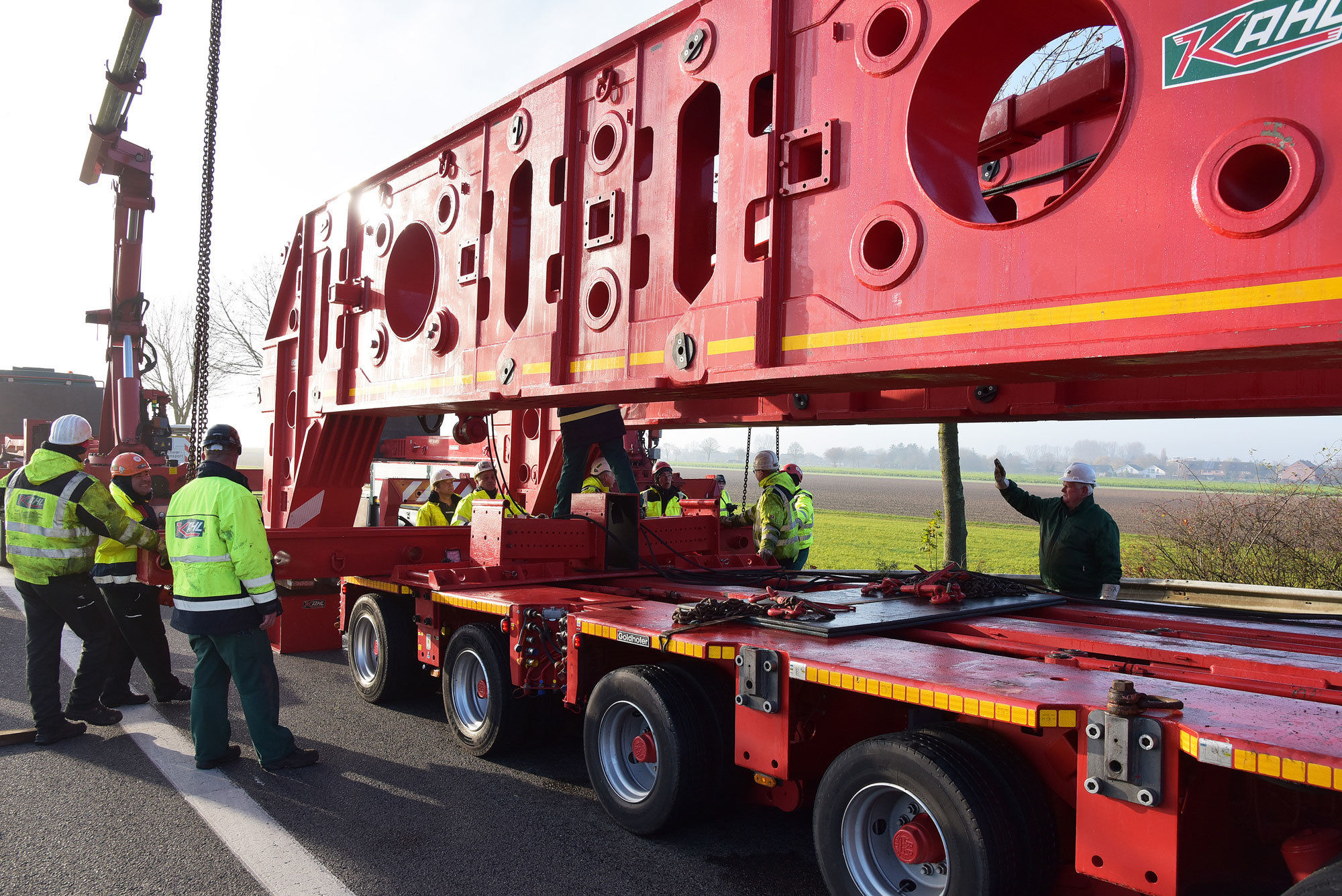
At home on the road
The KAHL company is at home on the road. In 1953, at the age of 23 and 17, brothers Hans and Helmut Kahl set up a branch office of Konrad Kahl & Söhne in Duisburg. Their first vehicles were converted GMC trucks purchased from the US army. By the 1960s, they were already carrying out transports using low loader trailers. Just ten years later, their fleet included over 30 of their own self-propelled trailers for long objects. Today, the Group operates 83 tractor units as well as some 200 trailers and semi-trailers. “That’s equivalent to around 4,000 wheels moving for us,” says Rainer Kahl. Because extreme conditions prevail in the field of transporting heavy goods, KAHL counts on quality – and thus on BPW. The strongest axles being put to work for the company can take up to 45 tonnes of weight on the centre line. The decision as to which axle suspension units to use plays a major role in the development of the technical concept for a new vehicle. “It is important to us that we mainly incorporate BPW solutions. BPW stands for quality and reliability that we can depend on at all times,” says Marcus Pieper.
KAHL frequently holds roundtable talks with vehicle manufacturers and experts from the BPW Group to find optimal solutions for specific requirements. Together, they plan the vehicle and match options and components. This close cooperation also extends to practical operations: BPW regularly equips KAHL vehicles with test axles. These field trials enable BPW to gain important insights into the behaviour of the axles. This is because deployment by the heavy goods experts is completely different from deployment by long-distance hauliers. “There’s less mileage with us, but a greater weight load,” says Kahl. As goods are getting increasingly heavier, nearly every transport now poses its own challenge – for people and technology alike.
A specialist in heavy tasks
When the going gets particularly tough, BPW gets transport moving: for heavy goods haulage, the company offers a comprehensive range of products and services for every application. Close cooperation with vehicle manufacturers and hauliers guarantees the highest quality. “We have a very broad line-up, including swivel axles, single wheel suspensions, as well as positive steering and self-steering axles for low loader trailers and special vehicles. We can offer the right running gear for almost every application,” says Hans Werner Kopplow, head of the Special Vehicle Systems business unit at BPW. The product range spans from the usual road applications, with typical axle loads between four and twelve tonnes, to extremely heavy-duty off-road and mining deployments which can involve axle loads of up to 60 tonnes.
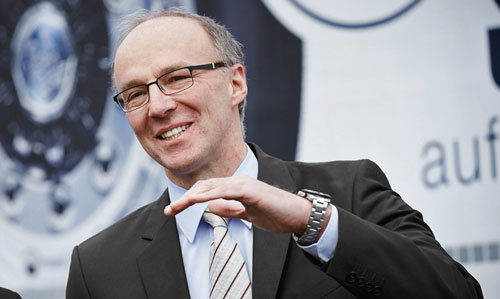
Hans Werner Kopplow, head of the Special Vehicle Systems business unit at BPW
For the engineers, the meticulous work invested in further optimising the running gears, axles and braking systems is never finished. The majority of swivel axles are currently undergoing further technical development. The focus is on achieving a significant weight reduction and making them more maintenance-friendly. Thanks to 3D CAD analyses, simulations and testing, the products are designed to be optimally attuned to the needs of everyday business. This enables the best possible use of space, which is extremely limited particularly in special vehicles. To be able to respond quickly and individually to all possible requirements, BPW has developed a modular system with brakes, wheel bearings and attachment fittings that are also used in standard axles. This means that many components can be combined to make individual custom designs at relatively low cost.
For all innovations, high product quality is ensured by laboratory and practical testing, with BPW placing an emphasis on close cooperation with its customers. While characteristics such as strength and durability can be mapped out very well in the laboratory, field trials in the customers’ environments provide, amongst other things, indications as to the effects of dirt, salt, water and other ambient conditions. Moreover, in practical deployment by the customers, data is gathered that provides information on the forces acting on axles and running gear. “These forces are then simulated on our test benches. Using hydropulse cylinders, in a few days or weeks we can apply the loads experienced in everyday operation over the entire life of the vehicle,” says Hans Werner Kopplow.

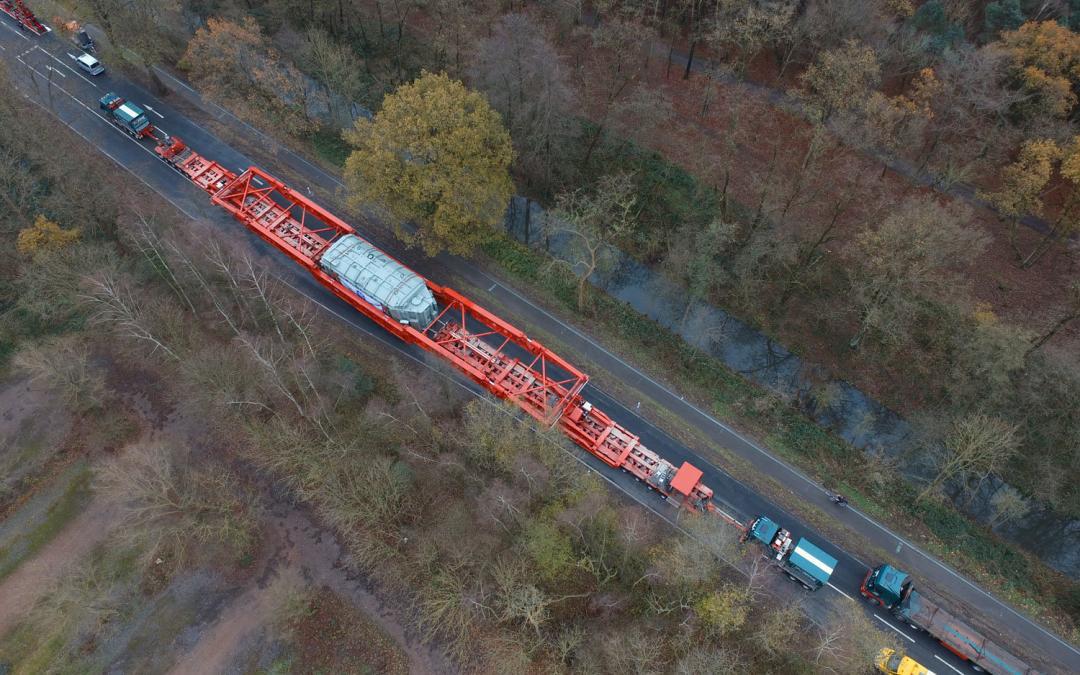
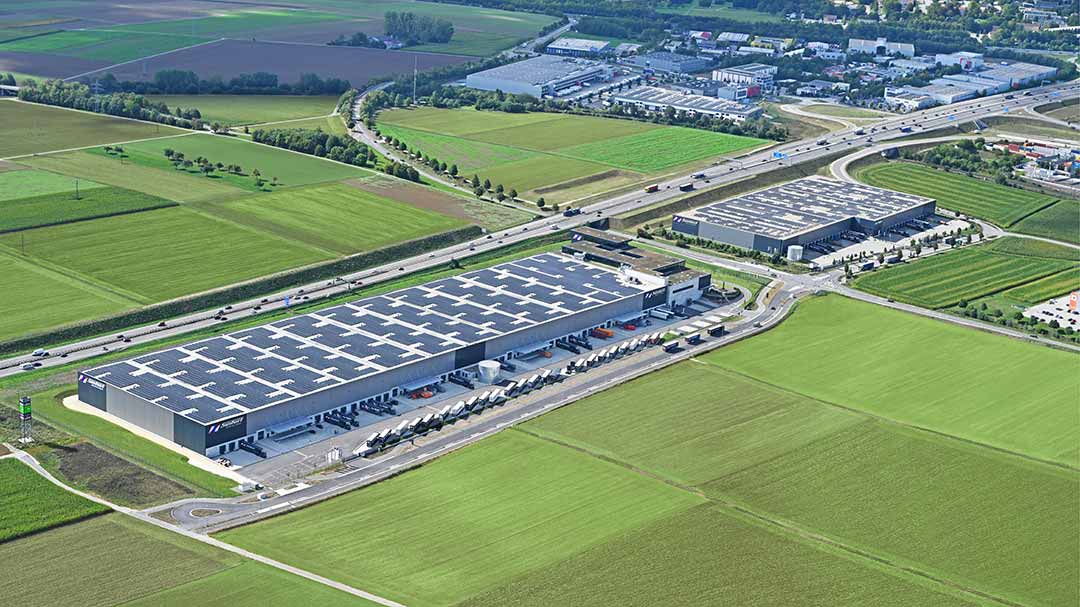

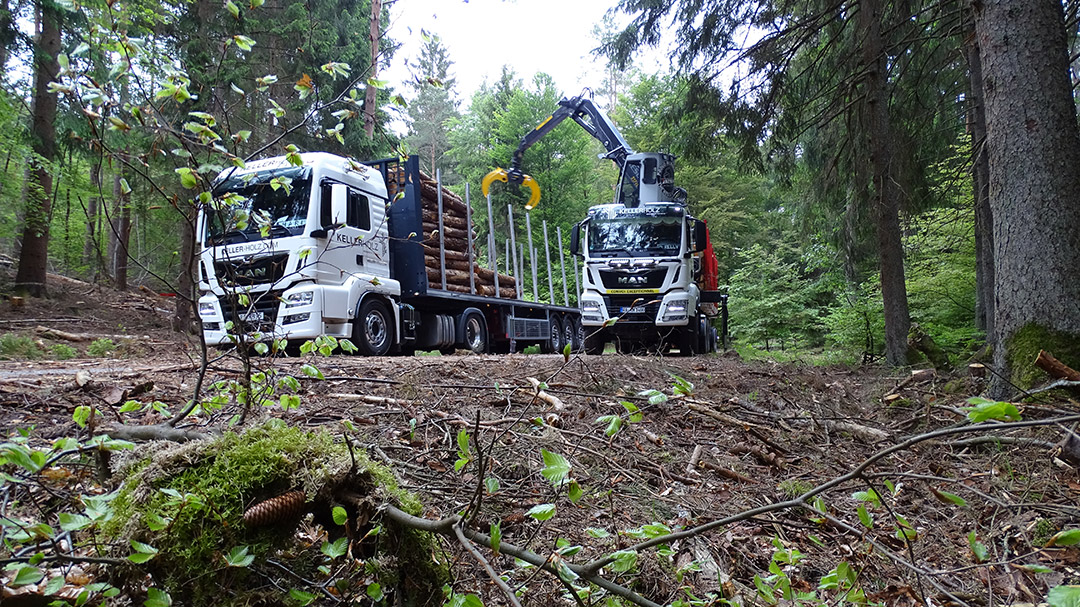



Would love to see a photo of all of your lorries and trailers together. Would be a cracking photo.
Regards.
Pat Ervine. Ireland.